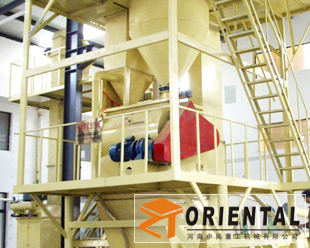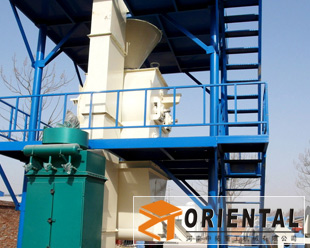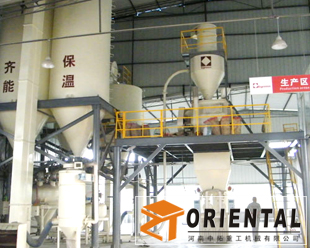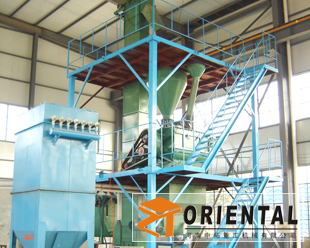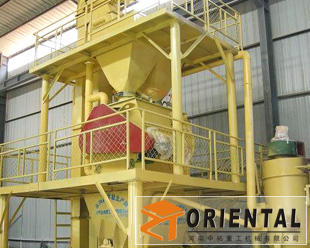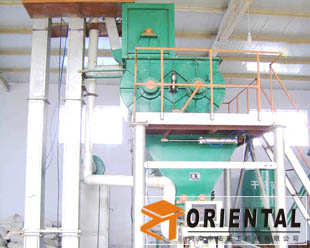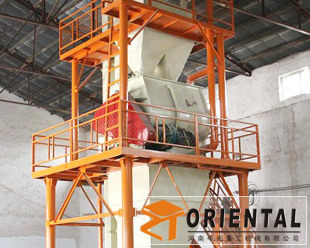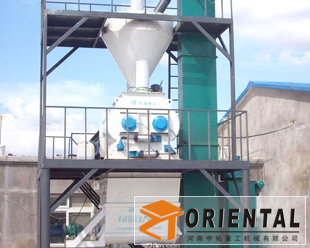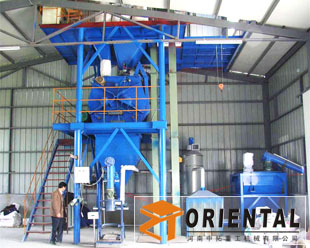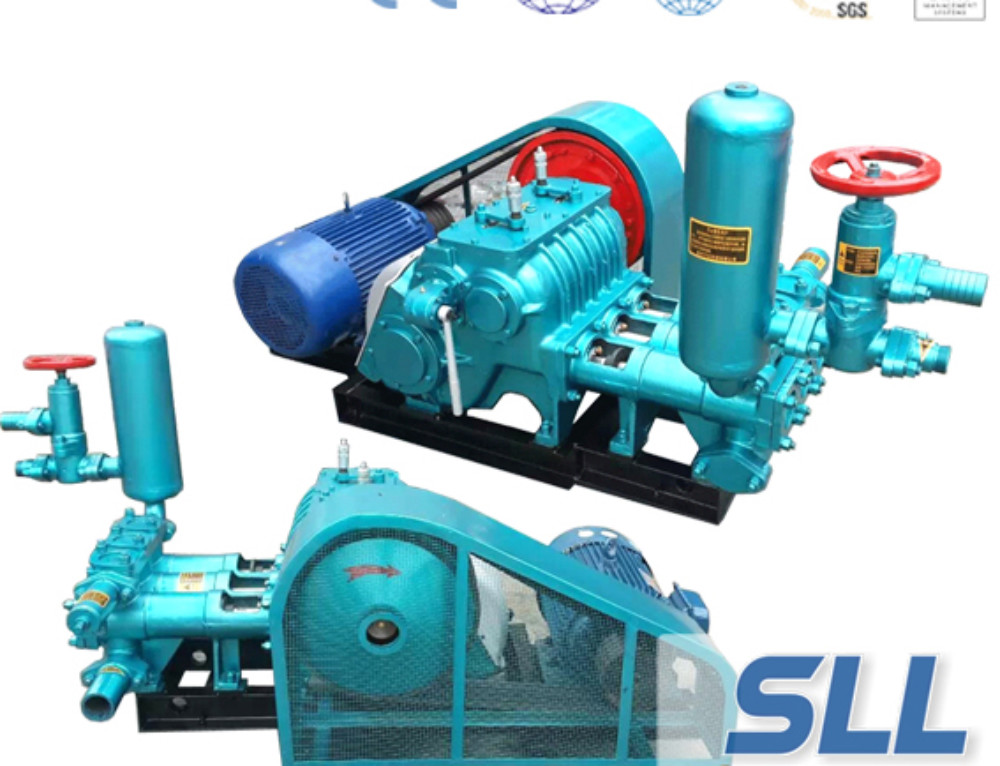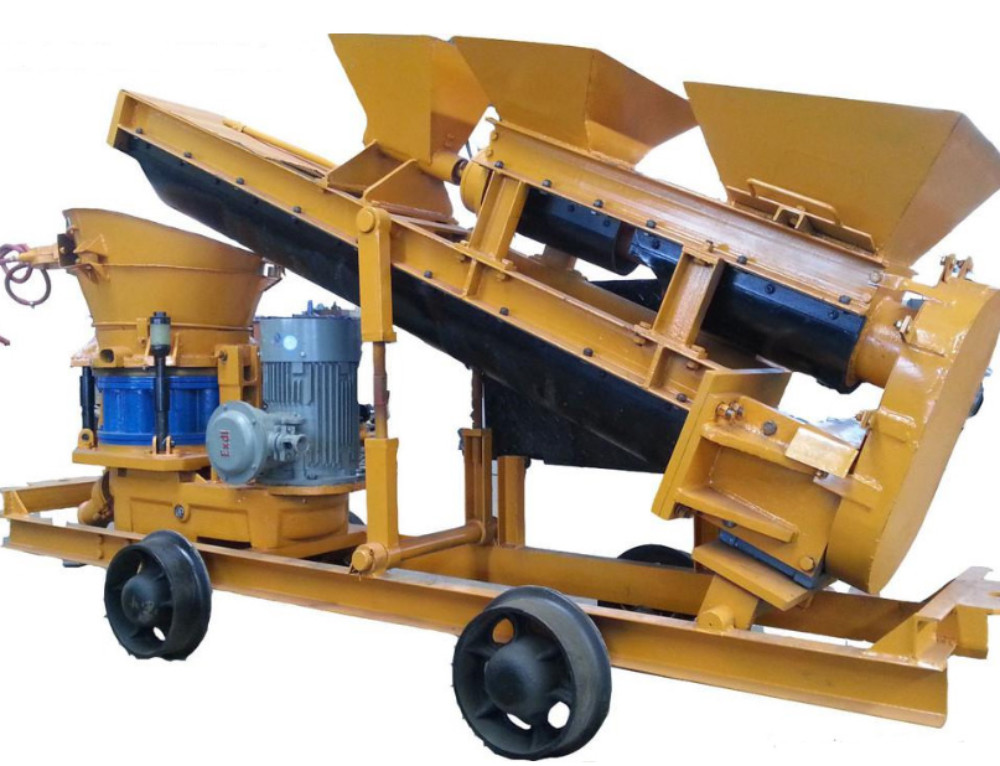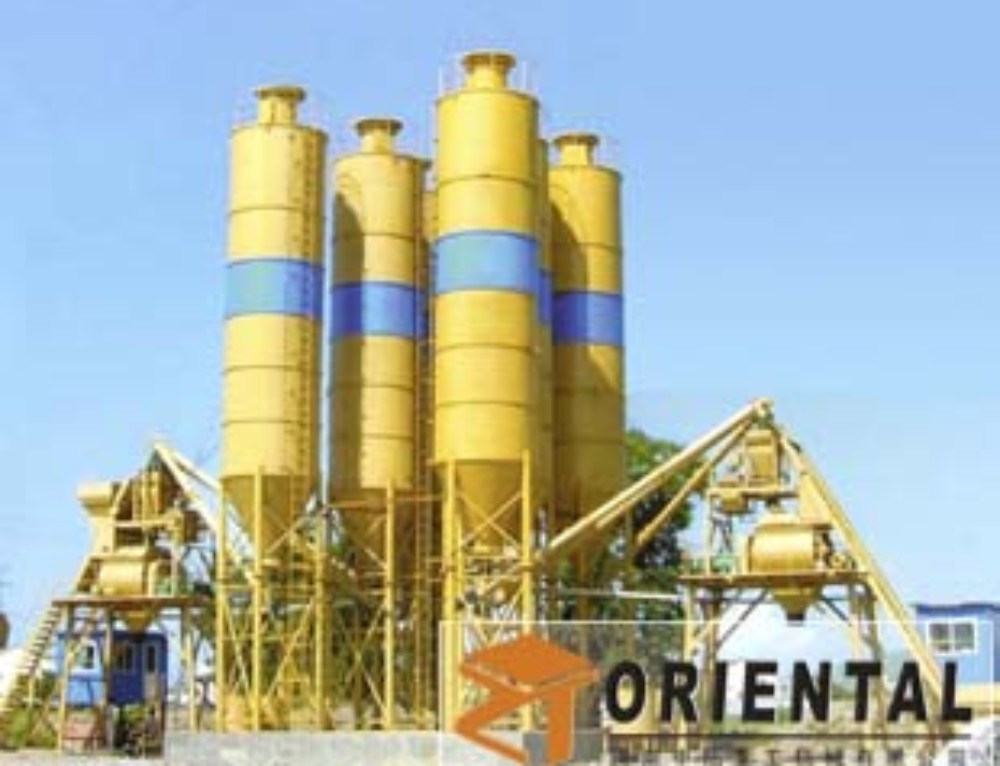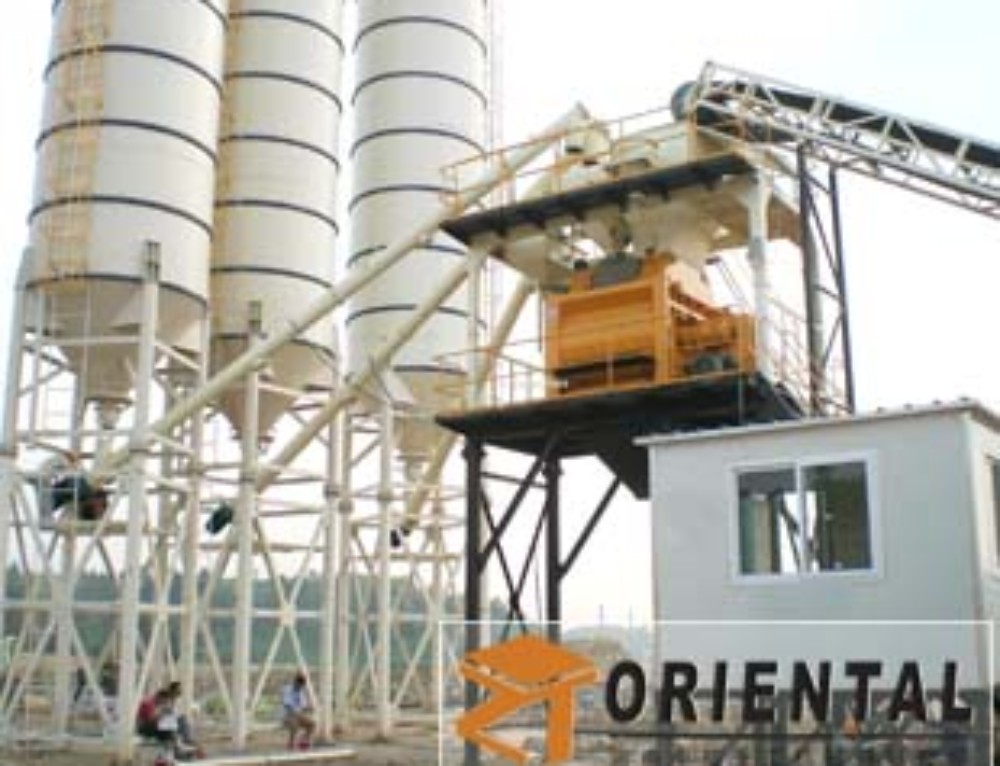Hello! It’s great to hear that you’re interested in selecting the best equipment for your dry mortar production needs. There are many factors to consider when making this decision, but we’re here to help guide you through the process.
First and foremost, it’s important to consider the specific requirements of your project. This includes factors such as the desired output capacity, the type of dry mortar you’ll be producing, and any specific features or capabilities you need from your equipment.
Next, you’ll want to consider the quality and reliability of the equipment you’re considering. Look for equipment from reputable manufacturers with a proven track record of producing high-quality, reliable equipment. You may also want to read reviews and speak to other users to get a sense of their experiences with different equipment options.
Another important factor to consider is the level of automation and control offered by the equipment. Depending on your needs, you may want to choose equipment with advanced automation and control features that allow you to easily adjust and monitor the production process.
Finally, it’s important to consider the overall cost of the equipment, including any ongoing maintenance or repair costs. While it may be tempting to choose the cheapest option available, it’s important to balance cost with quality and reliability to ensure that you get the best possible value for your investment.
We hope this information helps you in your search for the best dry mortar equipment for your needs. If you have any further questions or concerns, please don’t hesitate to reach out.
- Understanding the Importance of Quality and Reliability: Quality and reliability are paramount in the production of dry mortar. By investing in high-quality equipment, users can achieve consistent and reliable performance, resulting in superior end products for their construction projects. Whether it’s for wall construction, floor paving, or tile adhesion, the right equipment ensures optimal outcomes.
- Key Factors to Consider: a. Production Capacity: Assess your project’s requirements and choose equipment with an appropriate production capacity to meet your needs efficiently. b. Customization Options: Look for equipment that can be customized to suit your specific requirements, such as different formulations or production volumes. c. Technical Specifications: Consider the technical parameters of the equipment, including mixing speed, power consumption, and automation features, to ensure it aligns with your production goals.
- Evaluating Equipment Performance: a. Reliability and Durability: Opt for equipment that is known for its reliability and durability, minimizing downtime and maintenance costs. b. Energy Efficiency: Choose equipment with energy-saving features to reduce operational costs and promote sustainable practices. c. Safety Standards: Ensure that the equipment meets relevant safety standards, protecting your workforce and ensuring a secure working environment.
- Seeking Expert Support: a. Pre-sales Consultation: Reach out to manufacturers who offer comprehensive pre-sales technical support and consultation to assist you in making the right equipment selection. b. Training and Operation Guidance: Look for manufacturers who provide training and guidance on equipment operation, ensuring smooth integration into your production process. c. After-sales Services: Consider manufacturers who offer robust after-sales support, including troubleshooting assistance and the availability of spare parts.
Conclusion: Choosing the best dry mortar equipment requires careful consideration of various factors such as quality, reliability, customization options, and technical specifications. By understanding your production requirements and seeking expert support, you can select equipment that delivers exceptional performance, enhances efficiency, and ensures superior quality in your dry mortar production.
Keywords: dry mortar equipment, quality, reliability, production capacity, customization, technical specifications, performance, durability, energy efficiency, safety, expert support, pre-sales consultation, training, after-sales services.
Tags: dry mortar production, construction equipment, manufacturing industry, building materials, equipment selection, quality assurance, reliability, technical specifications, energy efficiency, safety standards.


